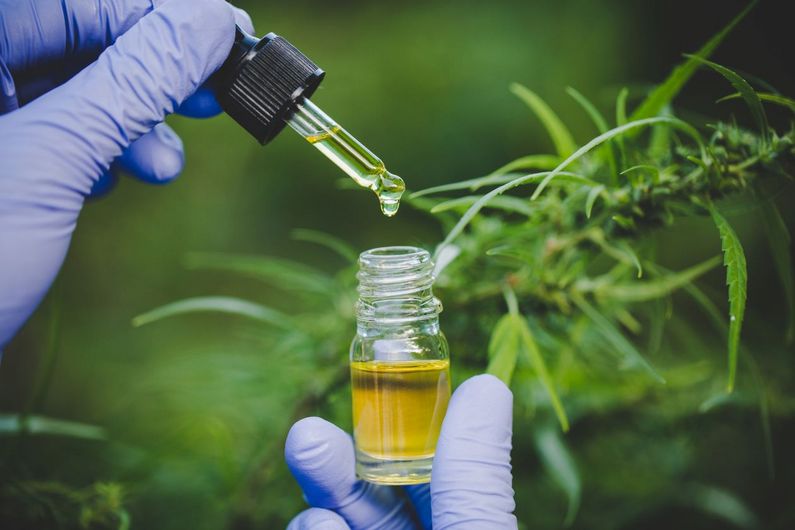Trying to break your dependency on cocaine? Here’s one way that doesn’t seem to work.
- Salle de presse
01/27/2021
- UdeMNouvelles
Taking cannabidiol, a chemical in the cannabis sativa plant, appears ineffective in treating cocaine use disorder, researchers at the CHUM Research Centre find.
In North America, close to 5.5 million people use cocaine regularly, and nearly one in five becomes dependent on the drug, developing cocaine use disorder, for which few treatment options exist. One solution has been highly touted, however: cannabidiol.
Better known as CBD, it’s a chemical in the cannabis sativa plant known for its protective effects on the brain and liver. It can be harvested naturally or made artificially in the lab. But there is very little scientific evidence to support its use as a treatment for addiction.
In fact, in a study published this month in the journal Addiction, a Canadian scientific team at the Centre hospitalier de l’Université de Montréal Research Centre (CRCHUM) shows that the claimed therapeutic virtues of CBD for cocaine dependence were largely non-existent.
As a treatment for this condition, CBD just doesn’t seem to work, according to the scientists, led by Université de Montréal psychiatry and addictology professor Didier Jutras-Aswad. At the dosage that they used, it didn’t make people want cocaine less, nor did it reduce their risk of relapse into addiction.
78 people tested
In a clinical trial, Jutras-Aswad and his team recruited 78 people, average age 46, most of them with severe cocaine use disorder, and randomly divided the participants into two groups: one receiving cannabidiol (800 mg/ per day), the other a placebo.
Neither the participants nor the researchers knew which treatment was administered. Following 10 days in hospital to detoxify, the participants were allowed to return home and for the next three months received weekly check-ups.
“In our study, the use of CBD was not more effective than a placebo in treating cocaine use disorder,” said Violaine Mongeau-Pérusse, first author of the study and a PhD student in the Jutras-Aswad’s lab.
“Although it is safe and produces only mild side effects, CBD reduces neither the craving to use cocaine nor the risk of a user’s relapse after detoxification,” she said.
More research needed
Calling their results instructive, the UdeM researchers hope their study will help orient medical guidelines on the therapeutic use of CBD, which has seen growing popularity in Canada and elsewhere in the world.
There are over 19 million cocaine users globally, according to recent estimates. Research efforts should continue to find efficacious treatment for this type of dependence, says Dr Jutras-Aswad.
Other studies will be needed to continue to sort out the conditions under which CBD may be helpful or not, said Mongeau-Pérusse, but for now the evidence is in: if you want to beat your dependence on cocaine, cannabidiol is probably not a good choice.
About this study
“Cannabidiol as a treatment for craving and relapse in individuals with cocaine use disorder: a randomized placebo‐controlled trial,” by Violaine Mongeau-Pérusse et al, was published Jan. 19, 2021 in Addiction. Funding was provided by the Canadian Institutes of Health Research.
About the CRCHUM
The CHUM Research Centre (CRCHUM) is one of North America’s leading hospital research centres. It strives to improve the health of adults through a continuum of research spanning disciplines such as basic science, clinical research and population health. More than 2,150 people work at the CRCHUM, including nearly 500 researchers and nearly 650 students and postdoctoral fellows. crchum.com
Media contact
-
Lucie Dufresne
CHU Sainte-Justine
Tel: 514 238-2251 -
Jeff Heinrich
Université de Montréal
Tel: 514 343-7593













